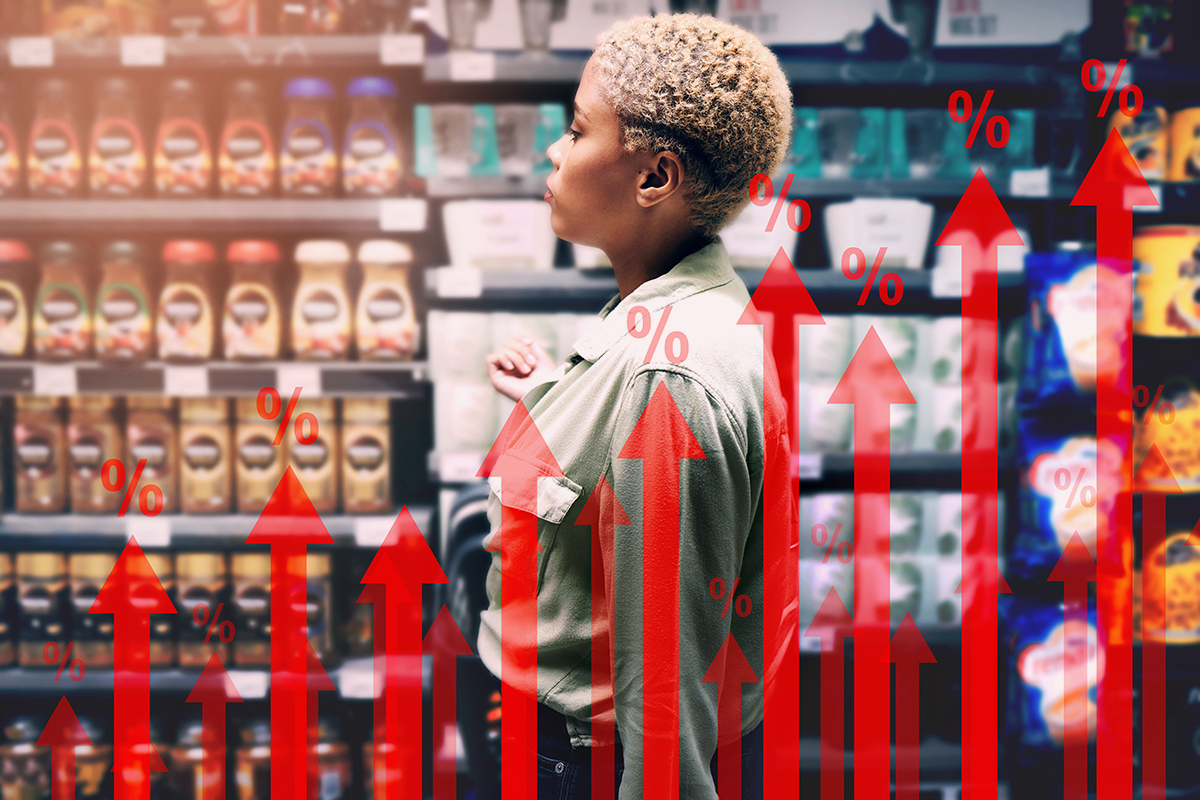When it comes to business intelligence (BI) the focus is most often on how BI can help companies accelerate growth and get ahead of the competition, but there’s more to it. For instance, one of our team members at CorSource and their family almost fell victim to contaminated chicken from Foster Farms, purchased from Fred Meyer (a Kroger-owned grocery chain). Because of BI his family and thousands of others were warned and saved from what could have been a terrible health problem.
This episode demonstrated how real time business intelligence can be employed for customer service and food safety. So, how did Fred Meyer achieve this? It’s related to their rewards program, which like most collects information on what members buy – this is stored in one data silo. The other separate data silos contain contact information, product inventory, and product warnings. When the contaminated chicken came to light at the head office, Fred’s was able to deploy their BI (which linked these separate data silos into one place) and instantaneously cross reference data on who purchased the chicken from the bad batch (data from Foster Farms), how much and when, and contact info.
For the grocery and food industry, safety is job one when it comes to their data, but close behind is the customer experience. And the best way to improve this in real time and understand changing behaviors is with a BI tool. With the new tools, not only are executives able to harness the power of BI, but store managers and associates can make quick low-risk, high-yield, decisions based on hard data. From the Progressive Grocer comes this tidbit:
“Intelligence in the past meant buying smart to get the best deals, moving smart to reduce supply chain costs, and replenishing smart to cut waste and inventory,” says Allan Davies, chief marketing officer at Aldata in Palo Alto, Calif. “All these are still needed, but now the evolution – or, in fact, revolution – in intelligence is being driven by shopper behavior change, and it’s accelerating.”
Now, grocery chains can create a more personal shopping experience based on individual customer preferences, changes in behavior, even changes in weather. For a customer the experience of receiving offers becomes more relevant than annoying, and for groceries, it improves sales. For example, in the case of a store like Fred Meyer (which carries everything for the home A-Z), I might order a Thanksgiving turkey. The next day they offer me a coupon on stuffing, and a deal for a turkey platter or carving knife. They know whether or not it’s an appropriate offer by using BI to see if I purchased any of the items recently (in which case they would not offer), and if I tend to buy items from their home goods section or not.
In addition to improving the customer experience, grocery chains like Sprouts Farmers Market have discovered the power of BI to refine operations. Over the past couple of recent years they had acquired so many stores and growth was off the charts, plus their IT infrastructure was cobbled together. The only way to manage this was with an IT and business intelligence overhaul that they instituted in 2012. For them, it began paying dividends soon after implementation as they discovered how to improve intra-associate communication and reduce inefficiencies right away.
Whether it’s contaminated chicken, customer service, or operations the flexible application of business intelligence can help with any business challenge, and give back almost immediate results. It starts with data management and analytics which CorSource can help with.
